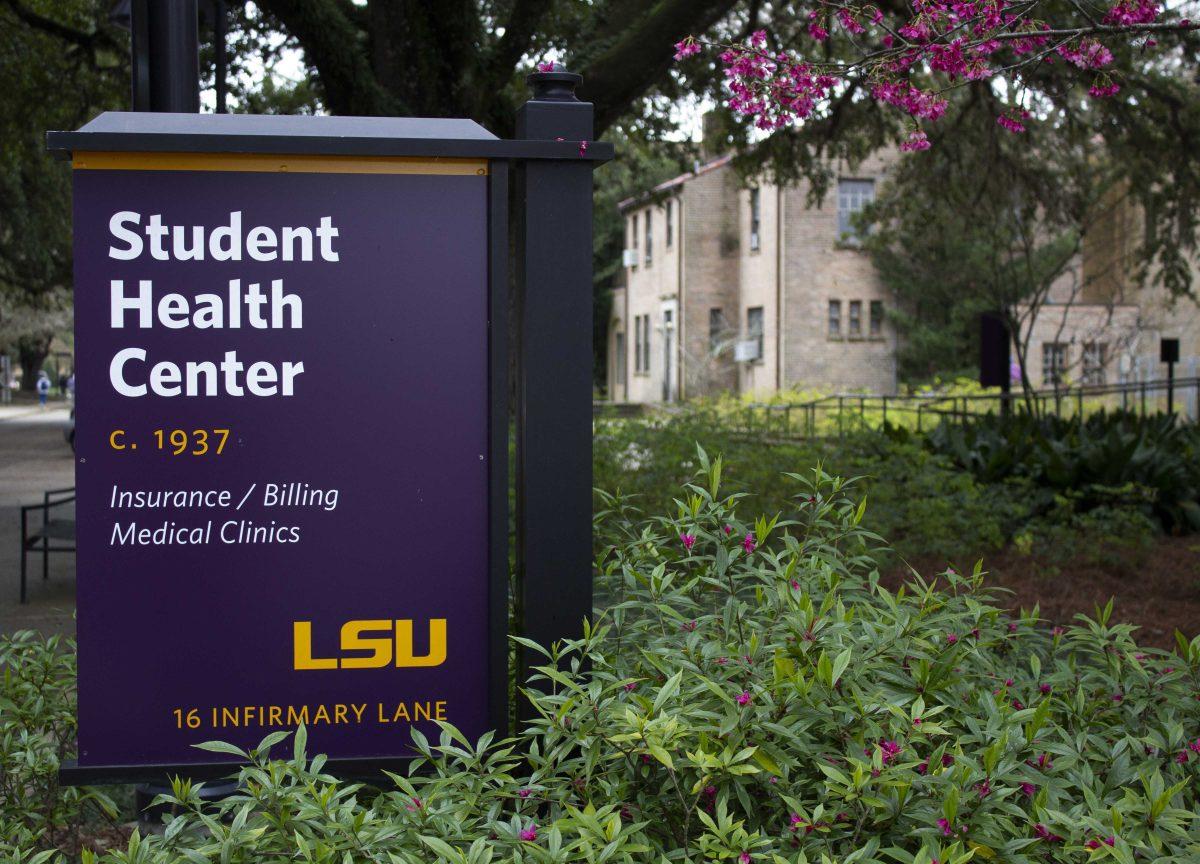Social isolation prevents the spread of COVID-19, but it also prevents students from connecting with their community.
A lack of social interaction combined with the interruption of a normal schedule can cause extended sleep intervals, feelings of loneliness and an increased usage of alcohol and nicotine, according to a Brigham Young University study.
Director of Mental Health at the LSU Student Health Clinic John Otzenberger noted the importance of regular interaction with the outside world.
“We are indeed social creatures,” Otzenberger said. “We are healthy when we’re connected to the people around us.”
Some students have felt the full extent of boredom and loneliness brought on by social isolation in the past weeks.
Communication disorders sophomore Delaney Herman especially misses maintaining a routine and says she cannot wait to return to normal.
“[Quarantine] has isolated me, destroyed my schedule and taken away my activities and places to go,” Herman said. “All I see is bad news, and quarantine has made it harder to access resources for help.”
Herman said she expected to miss her extracurricular activities but shocked herself when she missed her classes as well.
“A lot of [what I miss] has to do with keeping a schedule, seeing different people on a daily basis and getting to leave the apartment,” Herman said.
Different people cope with the effects of social isolation through home-based activities and adapted routines.
Otzenberger recommended that while maintaining social distancing standards, students can get fresh air, soak up some sunlight, exercise regularly, record thoughts in a journal and reach out to one person each day.
“Ask how they’re doing and give them a compliment,” Otzenberger said. “Being positive and giving people encouraging words actually makes us feel better.”
Herman found that arts and crafts as well as face masks, yoga and movies with her roommates have helped to ease the stress of the quarantine.
“Being in a community is so important,” Herman said. “You get so many diverse ideas, connections with people, as well as support. You don’t know how much you need a community until it’s gone.”
Modern technology allows for people everywhere to communicate with those they cannot physically visit. Through social media platforms and applications, like Facetime and Zoom, friends and family are able to connect face-to-face without leaving the safety of their homes.
“Thank goodness for social media,” Otzenberger said. “You can call someone, you can text, you can Skype someone… there are so many ways you can see people through screens.”
Although some may miss the strong community bonds that LSU offered, the connections are still there.
Otzenberger encouraged students to stay linked to the LSU community in any possible way. The Student Health Center adapted to the stay-at-home order and continues to provide care remotely.
“You have all these people you care about… and maintaining that circle and staying connected to people keeps you healthy and encouraged and makes you feel better.” Otzenberger said. “It’s just the way humans are designed.”
LSU experts weigh in on mental health amid stay-at-home order
April 27, 2020
The LSU Student Health Center on 56 Infirmary Drive, Baton Rouge on Monday, Jan. 27, 2020.




